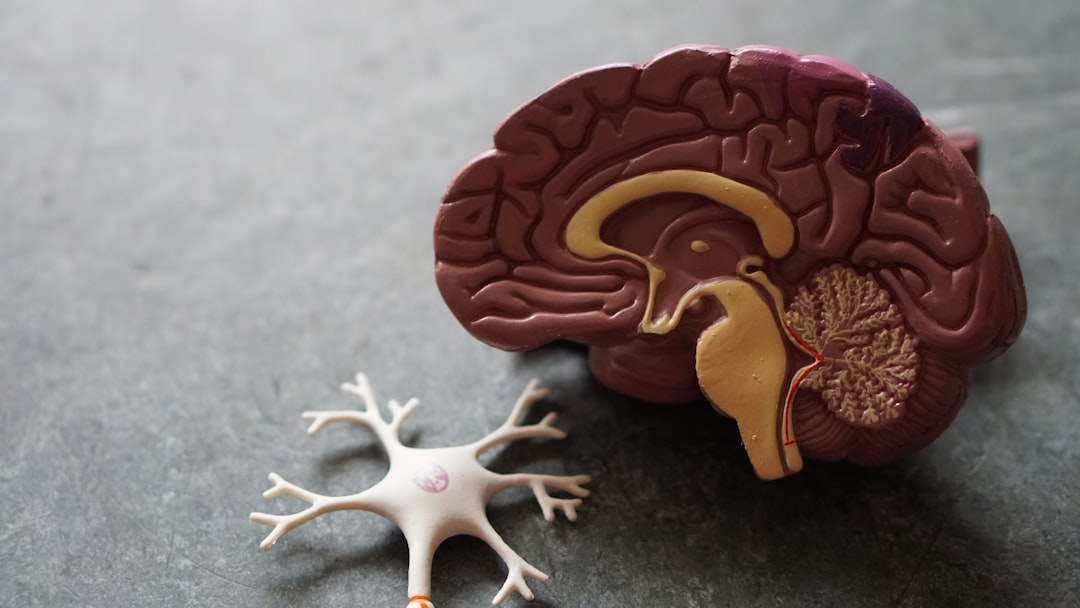What is it about?
This article is explores the role of fear management theories in determinizing pregnant women's decision to use insecticide treated mosquito nets. In the article, Self efficacy, the individual's belief in his or her capacity to execute behaviors necessary to produce specific performance, was significantly associated with use of Insecticide Treated Mosquito nets among Pregnant women in the Uganda district of Tororo.
Featured Image

Photo by Jane Stroebel on Unsplash
Why is it important?
While several factors influence individual decisions to use a mosquito net, self efficacy is the most important determinant in the decision. In this this study, self efficacy was associated with both ITN use the previous night and consistent net use.
Perspectives
It is important to note that while perceived threat (measured as perceptions of severity and susceptibility to malaria) was associated with consistent ITN use, it was not with use of Nets the previous night. Malaria communication programs, specially those promoting use of insecticide treated nets must aim to raise community and individual self efficacy in order to increase their usage - thereby contributing to reduction of malaria incidence.
charles Kakaire
University of the Witwatersrand
Read the Original
This page is a summary of: The role of perceived threat and self-efficacy in the use of Insecticide Treated Bednets (ITNs) to prevent malaria among pregnant women in Tororo District, Uganda, PLoS ONE, July 2023, PLOS,
DOI: 10.1371/journal.pone.0289097.
You can read the full text:
Contributors
The following have contributed to this page










